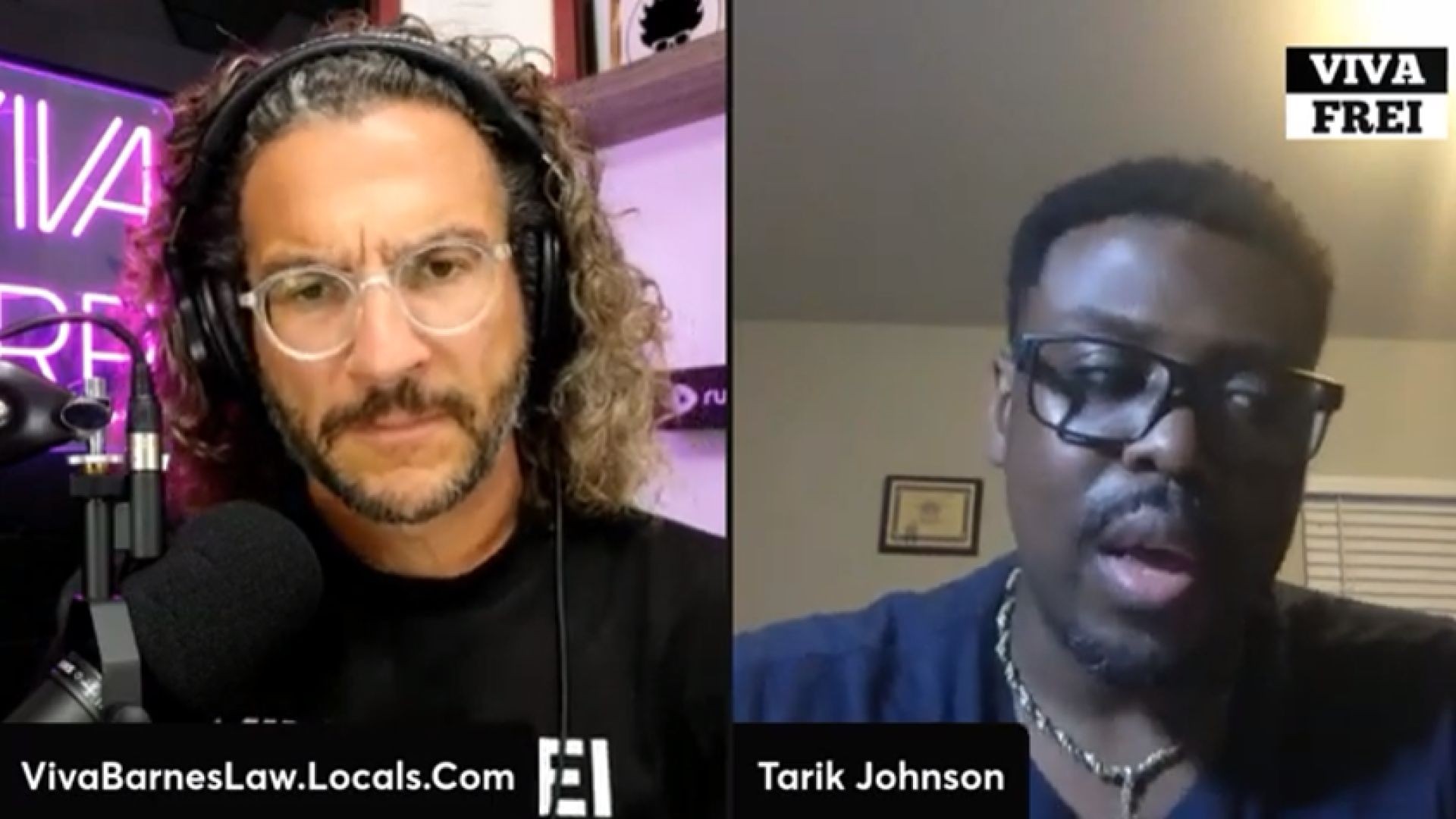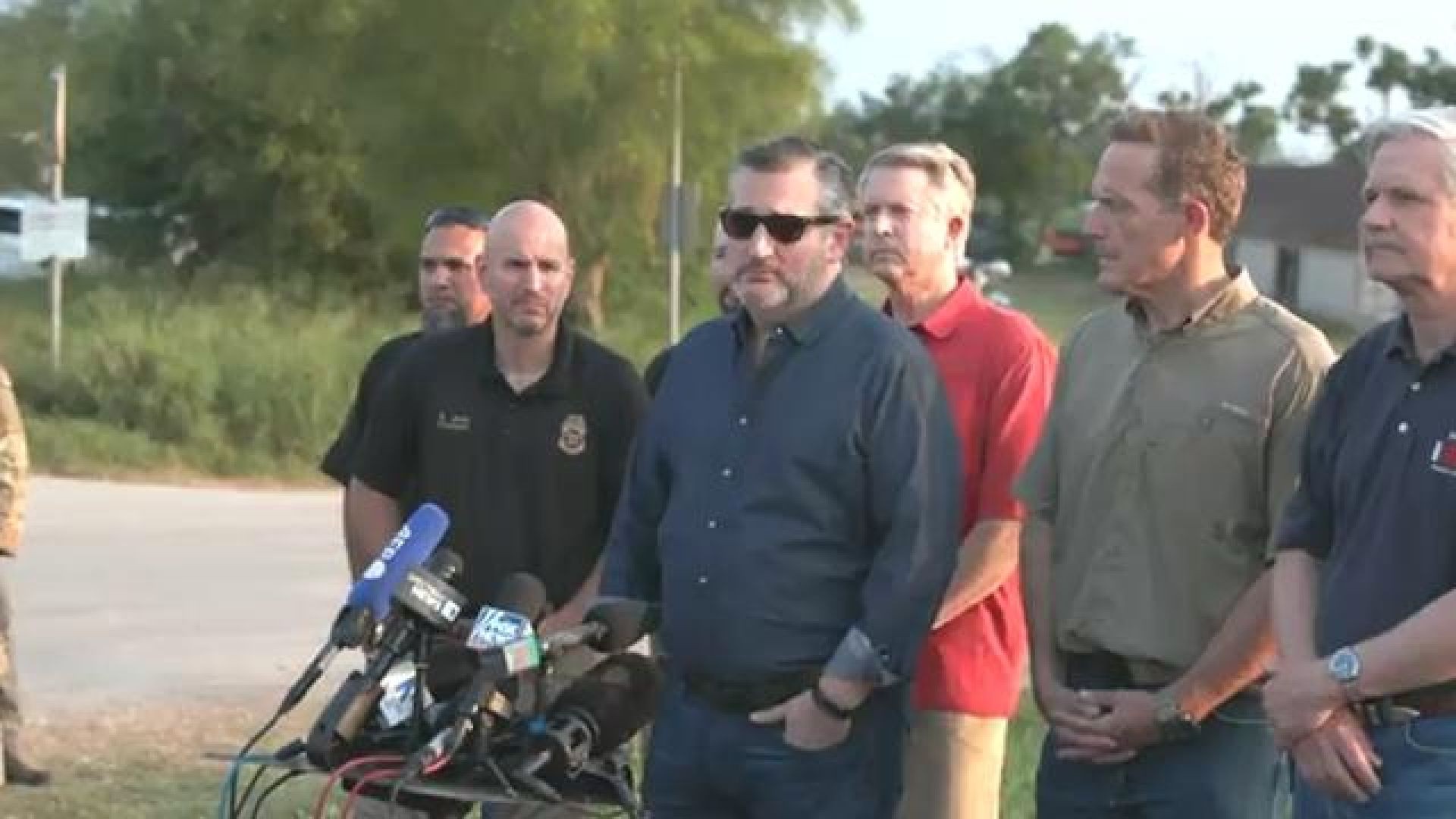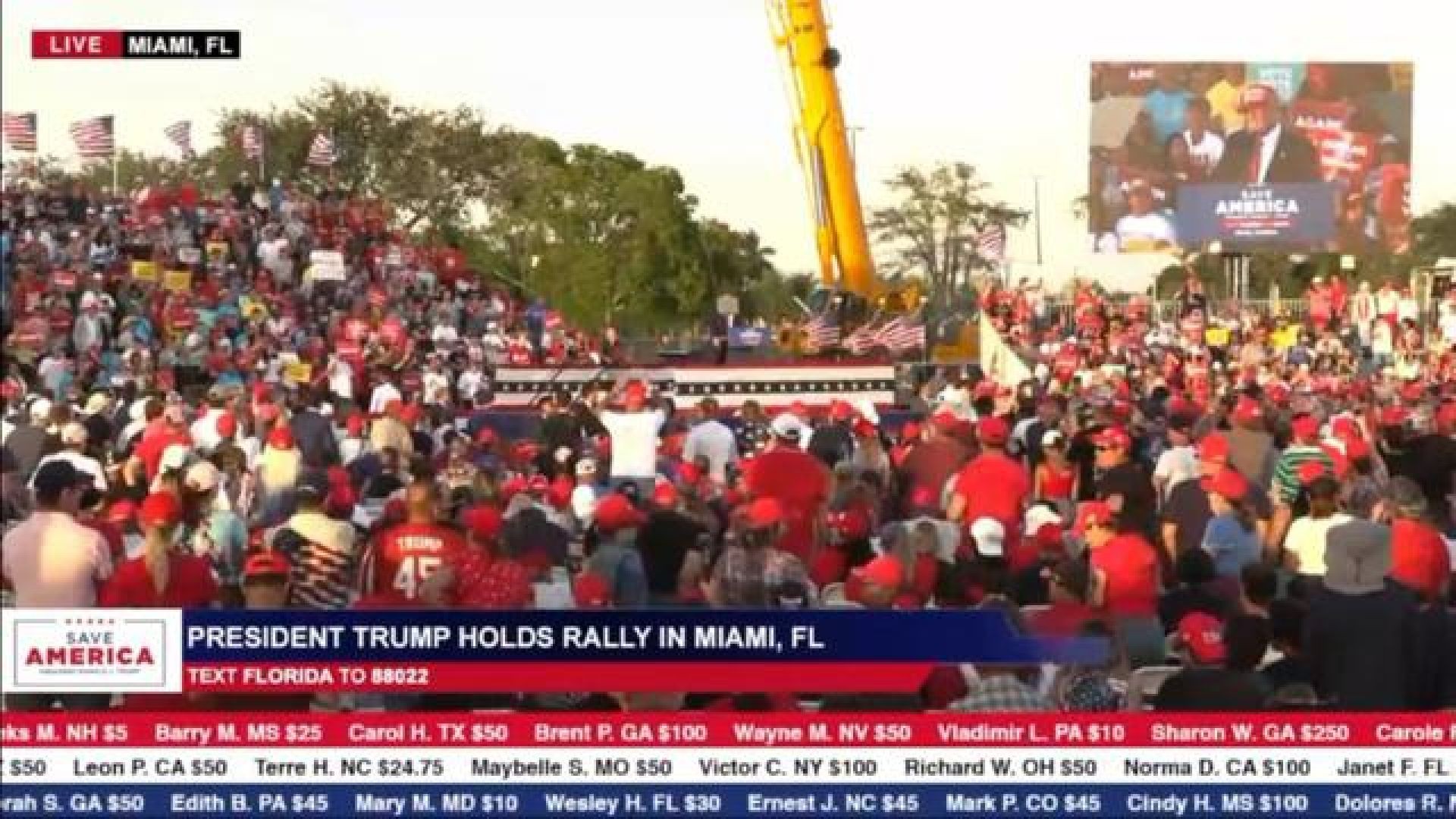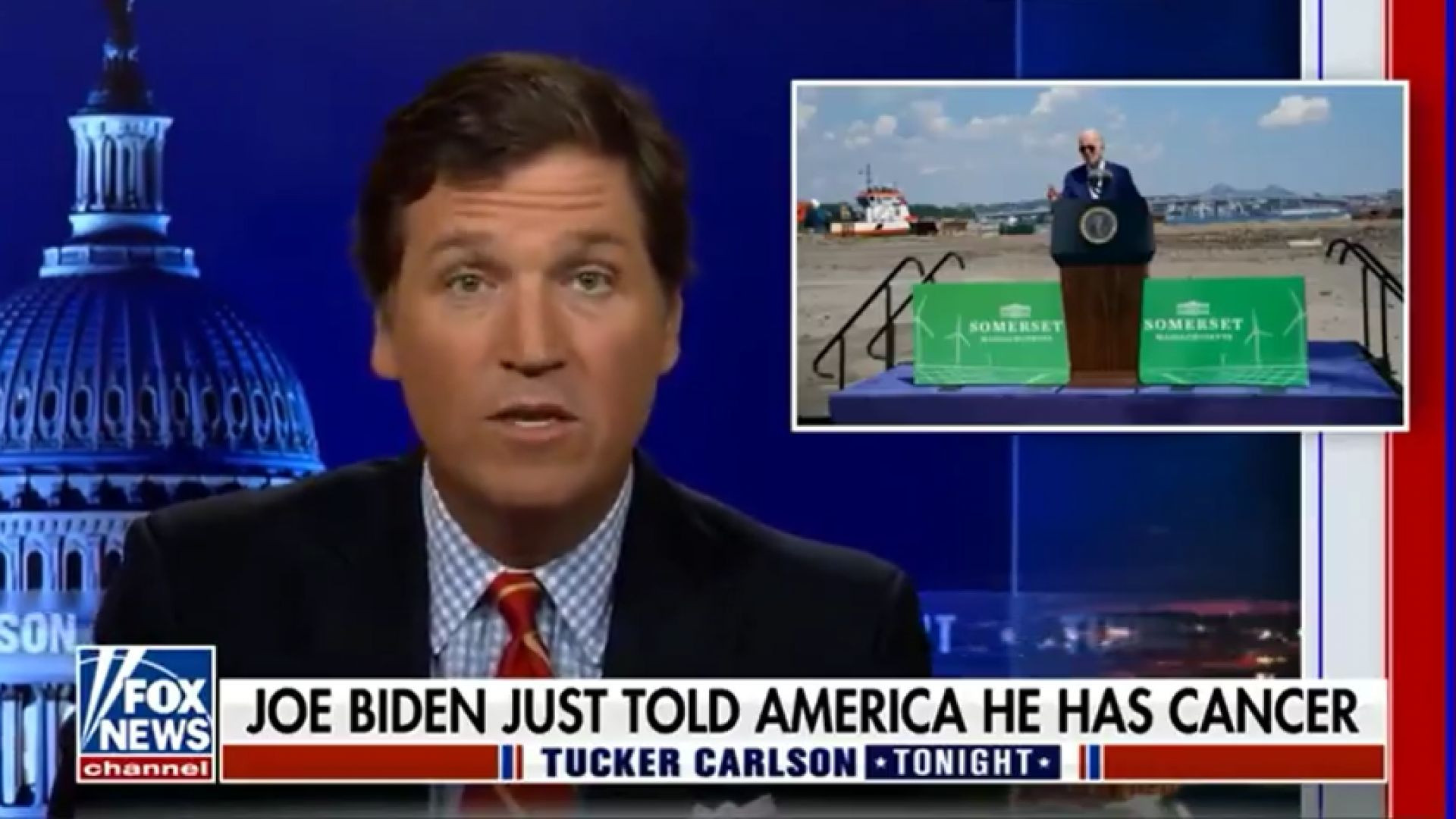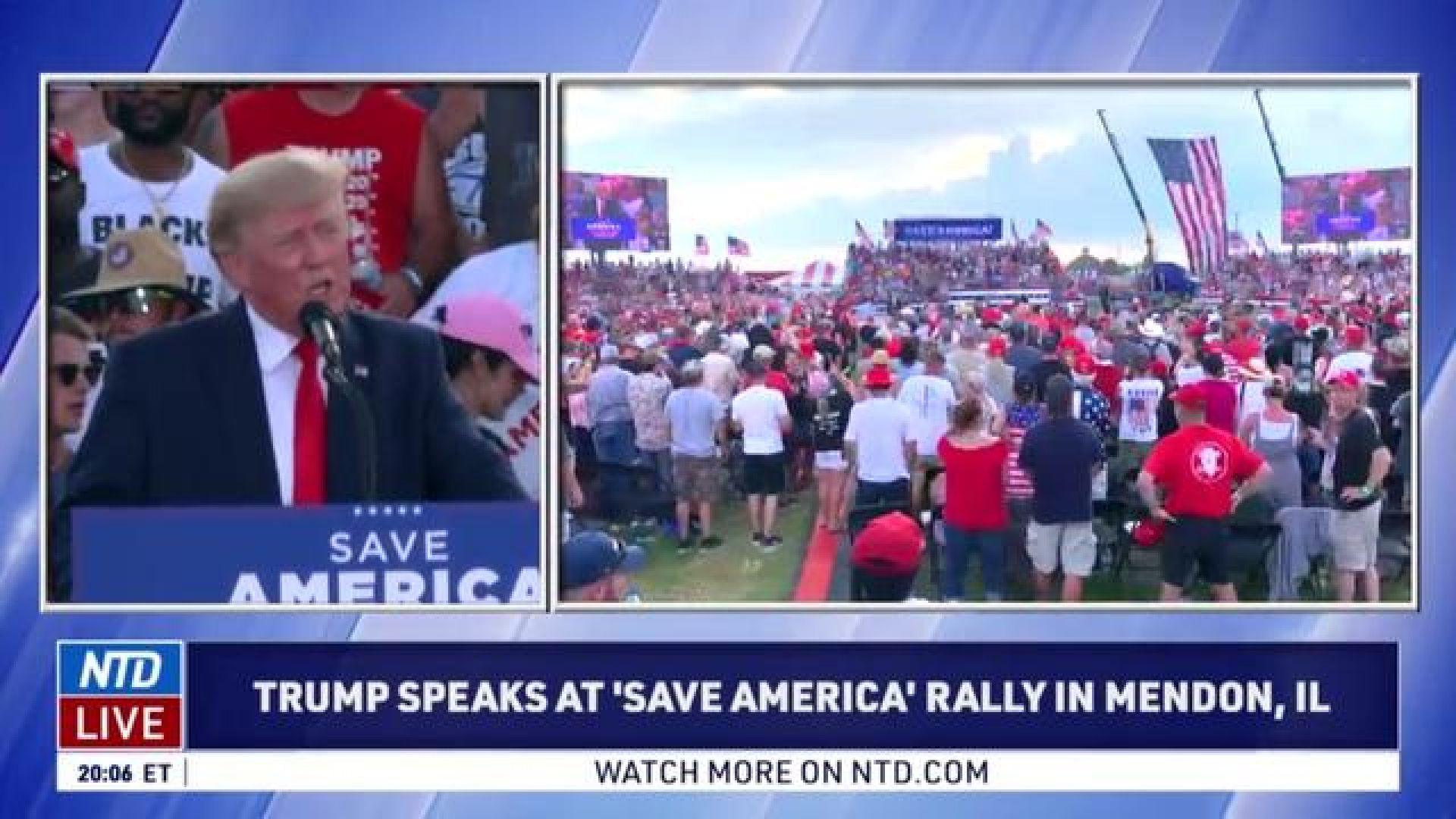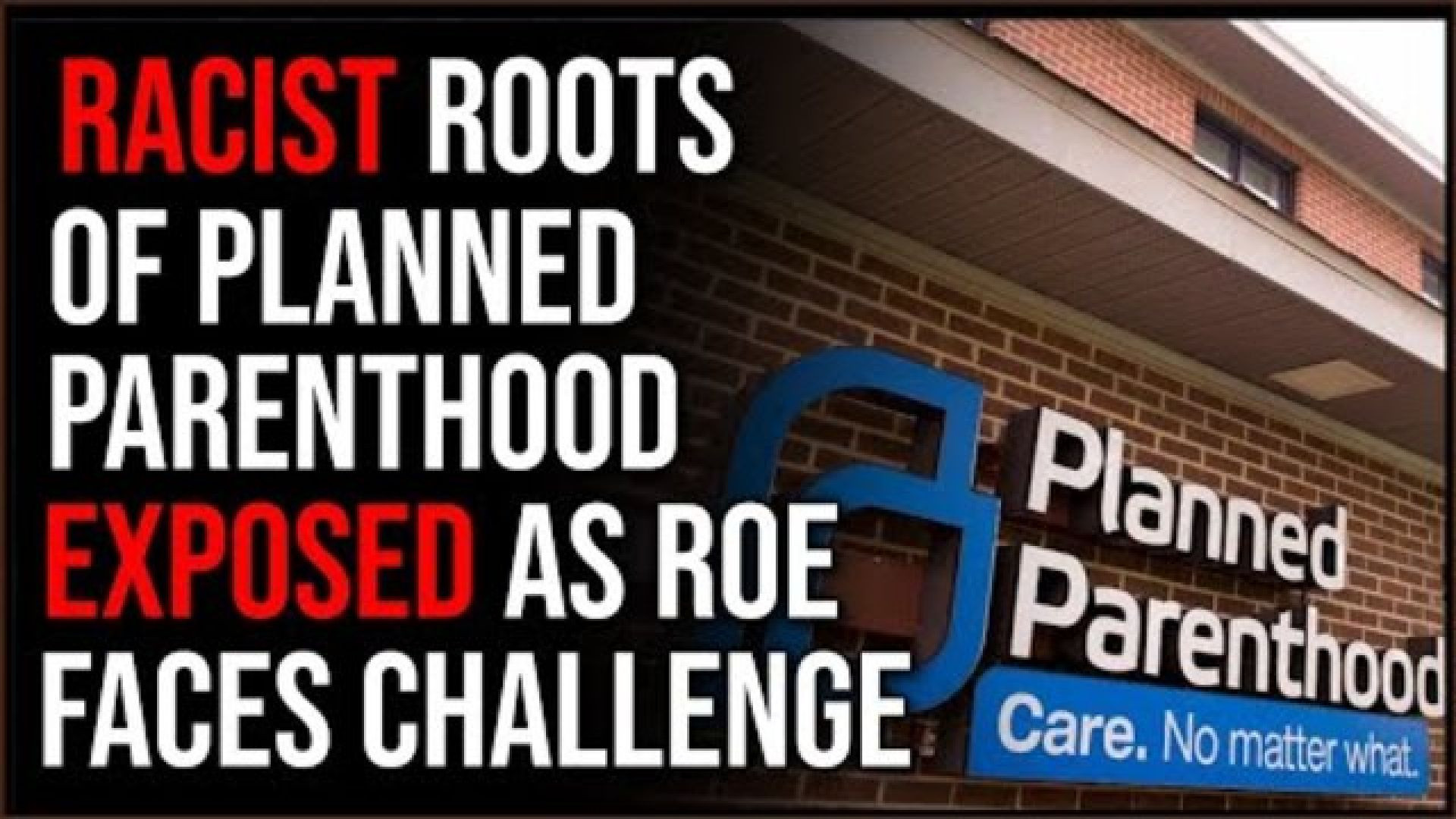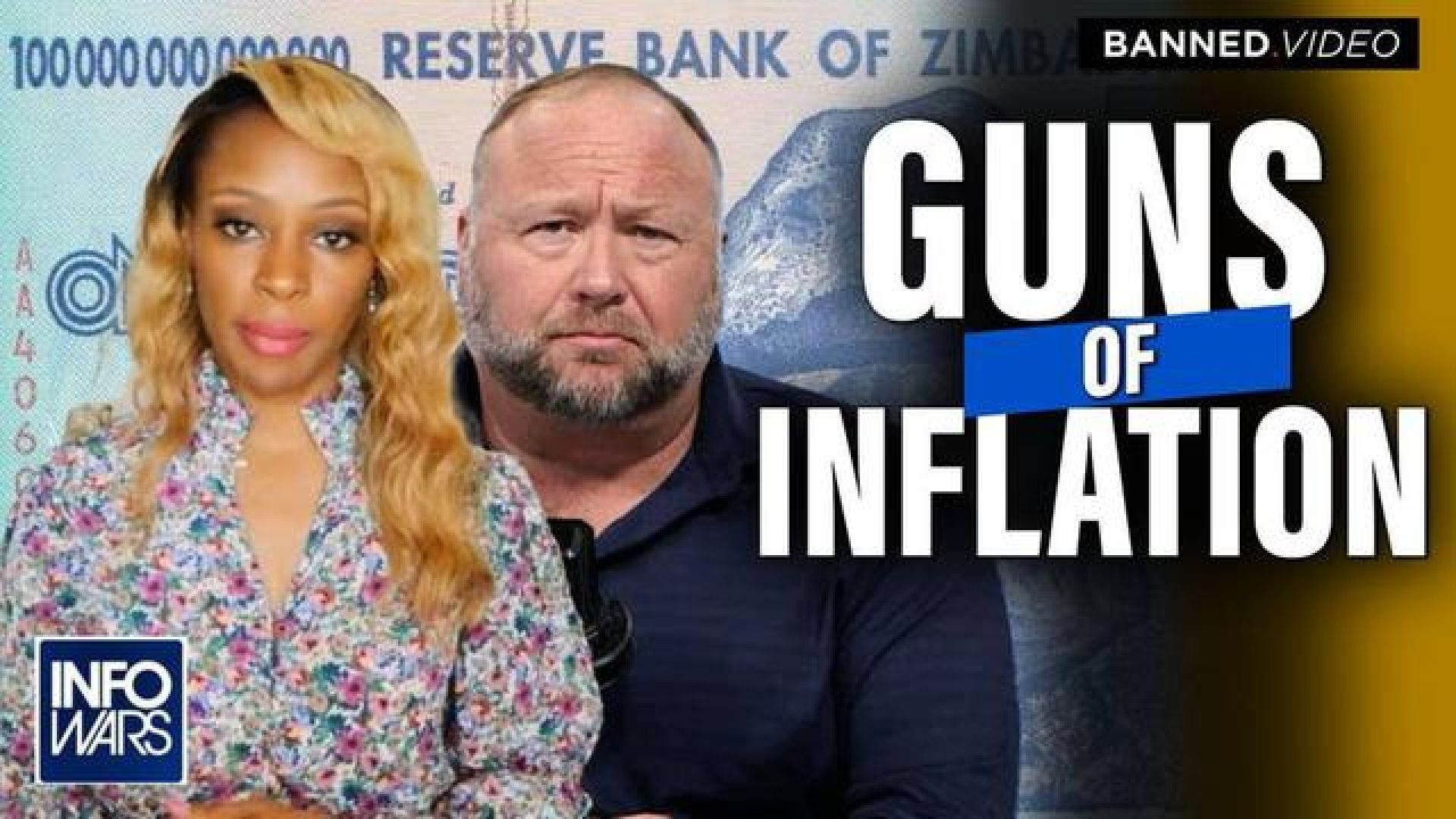History of the Conservative Movement: Politics in America - William F. Buckley, Jr. Interview (2002)
Historian Gregory Schneider identifies several constants in American conservatism: respect for tradition, support of republicanism, "the rule of law and the Christian religion," and a defense of "Western civilization from the challenges of modernist culture and totalitarian governments."[1]
While the conservative tradition has played a major role in American politics and culture since the American Revolution, the organized conservative movement has played a key role in politics only since the 1950s, especially among Republicans and Southern Democrats.[2]
The history of American conservatism has been marked by tensions and competing ideologies. Fiscal conservatives and libertarians favor small government, low taxes, limited regulation, and free enterprise. Social conservatives see traditional social values as threatened by secularism; they tend to support school prayer and capital punishment and oppose abortion and same-sex marriage.[3] Neoconservatives want to expand American ideals throughout the world.[4] Paleoconservatives advocate restrictions on immigration, non-interventionist foreign policy, and stand in opposition to multiculturalism.[5] Since the transition of conservatives from the Democratic Party after the Civil Rights Movement and the Southern Strategy, most conservatives prefer Republicans over Democrats, and most factions support strong foreign policy, military. The conservative movement of the 1950s attempted to bring together these divergent strands, stressing the need for unity to prevent the spread of "Godless Communism."[6]
William F. Buckley Jr., in the first issue of his magazine National Review in 1955, explained the standards of his magazine and helped make explicit the beliefs of American conservatives:
Among our convictions:
It is the job of centralized government (in peacetime) to protect its citizens' lives, liberty and property. All other activities of government tend to diminish freedom and hamper progress. The growth of government (the dominant social feature of this century) must be fought relentlessly. In this great social conflict of the era, we are, without reservations, on the libertarian side. The profound crisis of our era is, in essence, the conflict between the Social Engineers, who seek to adjust mankind to conform with scientific utopias, and the disciples of Truth, who defend the organic moral order. We believe that truth is neither arrived at nor illuminated by monitoring election results, binding though these are for other purposes, but by other means, including a study of human experience. On this point we are, without reservations, on the conservative side.
In the 1980s, President Ronald Reagan solidified conservative Republican strength with tax cuts, a greatly increased U.S. military budget, deregulation, a policy of rolling back Communism (rather than just containing it), and appeals to family values and conservative Christian morality. The 1980s and beyond became known as the "Reagan Era."[8] Typically, conservative politicians and spokesmen in the 21st century proclaim their devotion to Reagan's ideals and policies on most social, economic and foreign policy issues. Conservative voters typically oppose abortion, gun control, and gay marriage.[9][10]
Other modern conservative beliefs include opposition to a world government (a view shared with many anti-globalists on the political left), skepticism about the importance or validity of certain environmental issues,[11] the importance of self-reliance instead of reliance on the government to solve problems, support for prayer in the public schools,[12][13] opposition to gun control,[14] opposition to embryonic stem cell research, support for a strong law and order policy, strict enforcement of the law, and long jail terms for repeat offenders.[15] From 2001 to 2008, Republican President George W. Bush stressed cutting taxes and minimizing regulation of industry and banking, while increasing regulation of education.[16] Conservatives generally advocate the use of American military power to fight terrorists and promote democracy.
According to a May 24, 2013 poll, 41% of American voters identify their economic views as "conservative" or "very conservative," 37% as "moderate," 19% as "liberal" or "very liberal," 35% describe their social views as "conservative" or "very conservative," 32% as "moderate," and 30% as "liberal" or "very liberal."[17] These percentages were fairly constant from 1990 to 2009,[18] when conservatism spiked in popularity briefly[19] before reverting to the original trend while liberal views on social issues reached a new high.
Conservatism appears to be growing stronger at the state level. The trend is most pronounced among the "least well-off, least educated, most blue collar, most economically hard-hit states."
http://en.wikipedia.org/wiki/C....onservative_movement

